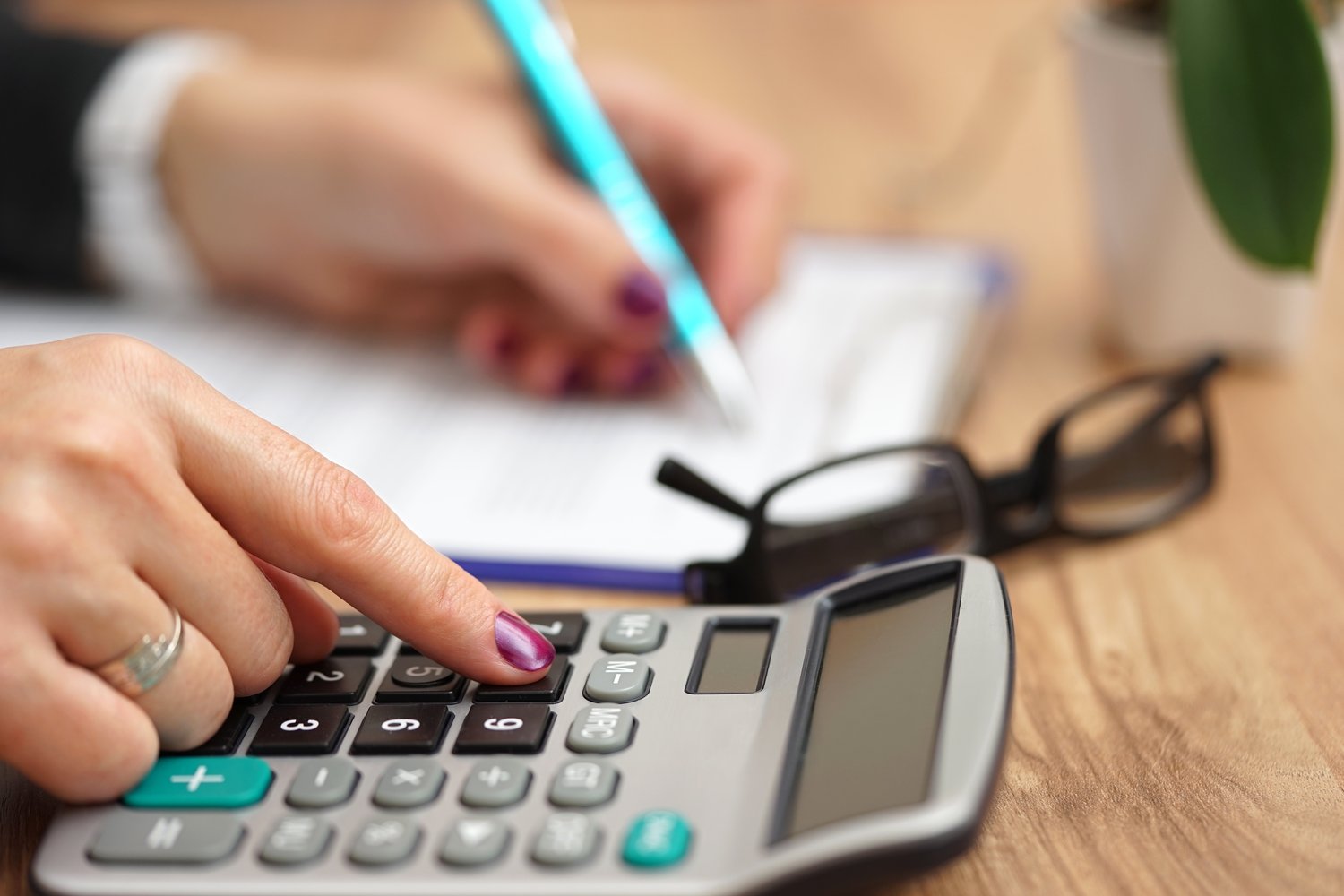
The majority of Canadians must file taxes every year, regardless of whether they owe taxes. If you live in Canada, you must file a tax return with the Canada Revenue Agency (CRA) each year by April 30, though self-employed individuals have until June 15.
These requirements apply to all Canadian residents, as well as international students, seasonal workers, indigenous peoples, and non-residents with Canadian income.
Learn more about filing your taxes in Canada and the financial implications if you fail to do so each year.
Can You Skip a Year Filing Taxes in Canada?
The only time you can skip your tax filing is when you owe no taxes and are seeking no benefits. If you owe taxes or wish to claim any credits or benefits, you must file your taxes each year. Neglecting to file can be classified as tax evasion, which can have significant legal and financial consequences.
Even if you don’t owe taxes, failing to file can disqualify you from receiving certain benefits, such as the Canada Child Benefit (CCB) or Guaranteed Income Supplement (GIS).
How Often Do You Have to File Taxes in Canada?
Taxes must be filed each year by April 30, or June 15 if you or your spouse is self-employed. However, all taxpayers must submit payment by April 30 to avoid fines or penalties. If you own a business, you may file your tax return by June 15 but must pay your tax debt by April 30.
What Happens if You Don’t File Your Taxes in Canada?
At a minimum, failing to file your taxes prevents you from taking advantage of benefits like the GST/HST credit or CCB. However, if you owe taxes, failing to file can result in significant legal and financial penalties.
As Yannick Lemay, Learning Program Lead & Tax Specialist at H&R Block noted on the Moolala: Money Made Simple podcast, “The fact is, there are tremendous, very serious consequences for not reporting your income, that could cause of course penalties, interest on the amount that you owe…it can even go up to criminal charges.”
Penalties
Along with the substantial interest that’s applied to unpaid balances, failing to file your tax return brings another consequence: penalties. And the penalties are stiff! If you fail to file your 2023 return by April 30, 2024, anything you owe will be charged a late filing penalty of 5% of the unpaid tax plus 1% for each complete month it’s late, for up to 12 months. So if for example, you don’t file your 2023 return until April 2025, you will face a penalty of 17% on any balance you owe, plus interest at the prescribed rate.
And if you’re a chronic late-filer, the penalties increase substantially. For example, if you had late filing penalties in any of the last three tax years, a penalty of 10% plus 2% per month (for up to 20 months) could be applied to your 2023 return if it’s also filed late. So, if you had late filing penalties in 2022 and decide not to file your 2023 return again this year, by the time you file in April 2025, your penalty could be as high as 34%!
Of course, if you do not have a balance owing, penalties/interest do not apply to you.
Is There a Penalty for Filing Taxes Late if You Owe Nothing?
If you don’t owe taxes, you can file after the deadline with no penalties. However, if you expect a refund, the CRA won’t issue your money until you file your return. Additionally, you may see delays in the calculation of any benefits or credits.
What Are the Benefits of Filing Taxes?
Apart from satisfying legal requirements, filing your taxes offers several benefits, including:
- A possible tax refund
- Access to tax benefits and credits
- Eligibility for certain government programs
- Eligibility for educational benefits, including the Canada Learning Bond
Filing taxes can also benefit individuals with debt or poor credit scores. Mike Bergeron, Counsellor Manager, highlights the impact of filing taxes on debt management and credit scores, explaining, “The benefits of filing taxes every year for those who do not have taxable income are primarily to ensure the consistency of receiving their government rebates. (HST/GST, Trillium, Child Tax and OAS/GIS) With no filing taking place, it would reduce your monthly income and make it more challenging to make debt payments. Therefore, it can impact credit scores.”
Filing taxes can help individuals gain access to additional funds that can be used to pay debt, which in turn can help improve credit scores. “Filing your taxes does not directly relate to the credit score but indirectly influences the monthly income used to manage debt,” explains Bergeron.
Additionally, you can take advantage of free tax help provided by the CRA when you file on time.
As Jeff Loomis, Executive Director of Momentum, shared in our Moolala: Money Made Simple podcast, “Tax filing is so critical for many Canadians, and then it’s even more important when people are living on a lower income so that people can access benefits that can really just help make ends meet. A really tangible example is the Alberta and Canada child benefit and the GST rebates; those are really well-known benefits that you can only access in Canada if you file your taxes.”
What Could Happen if You Don’t Pay Your Taxes?
Not paying your taxes is considered a criminal offence in Canada, as it’s a form of tax evasion. Moreover, failure to pay your taxes can lead to an interruption of benefits or lack of access to tax credits. You’ll also have to pay back taxes on your upcoming tax return.
Is Not Paying Taxes a Crime in Canada?
If you fail to pay the taxes you owe, you could be found guilty of tax evasion, which is a serious crime in Canada. Potential penalties include fines ranging from $1,000 to $25,000 and up to one year in prison.
Interruption of Benefits
If you’re receiving the Canada Child Benefit or Old Age Security benefits, filing your return on time is especially important. Your eligibility for each of these benefits is updated every July and determined by the numbers on your tax return. The amount of your benefits is also linked to your income listed on your return, so if you fail to file your tax return by the April 30th deadline, you risk having your benefits delayed.
Eligibility for the GST/HST quarterly credit, as well as other various province benefits, is also determined by numbers on your tax return, so it’s important to get it in on time to take advantage of these credits.
Income Records
Outside of the direct financial implications, not having a current tax return can affect other aspects of your life. The numbers on your filed return are used for so many other purposes, such as determining:
- Loans of all types, including student loans, mortgages, and business lines of credit
- Student grants, as well as certain bursaries and scholarships
- Low-income grants for programs such as home repair & heating rebates
As you can see, failing to file your tax return on time can bring many negative consequences. Even if you can’t pay your balance in full by April 30th, file anyway, you’ll be saving yourself money and hassles in the long run!
With an easy-to-use tax preparation software like TurboTax, preparing and filing your return is fast and takes the work out of getting your taxes done right.
Get Help With Tax Debt
Filing your taxes and paying on time will keep you out of legal trouble and allow you to maintain your eligibility for tax credits and benefits. Struggling with tax debt? Sign up for our newsletter for expert tips.

Frequently Asked Questions
Have a question? We are here to help.
What is a Debt Consolidation Program?
A Debt Consolidation Program (DCP) is an arrangement made between your creditors and a non-profit credit counselling agency. Working with a reputable, non-profit credit counselling agency means a certified Credit Counsellor will negotiate with your creditors on your behalf to drop the interest on your unsecured debts, while also rounding up all your unsecured debts into a single, lower monthly payment. In Canada’s provinces, such as Ontario, these debt payment programs lead to faster debt relief!
Can I enter a Debt Consolidation Program with bad credit?
Yes, you can sign up for a DCP even if you have bad credit. Your credit score will not impact your ability to get debt help through a DCP. Bad credit can, however, impact your ability to get a debt consolidation loan.
Do I have to give up my credit cards in a Debt Consolidation Program?
Will Debt Consolidation hurt my credit score?
Most people entering a DCP already have a low credit score. While a DCP could lower your credit score at first, in the long run, if you keep up with the program and make your monthly payments on time as agreed, your credit score will eventually improve.
Can you get out of a Debt Consolidation Program?
Anyone who signs up for a DCP must sign an agreement; however, it's completely voluntary and any time a client wants to leave the Program they can. Once a client has left the Program, they will have to deal with their creditors and collectors directly, and if their Counsellor negotiated interest relief and lower monthly payments, in most cases, these would no longer be an option for the client.







